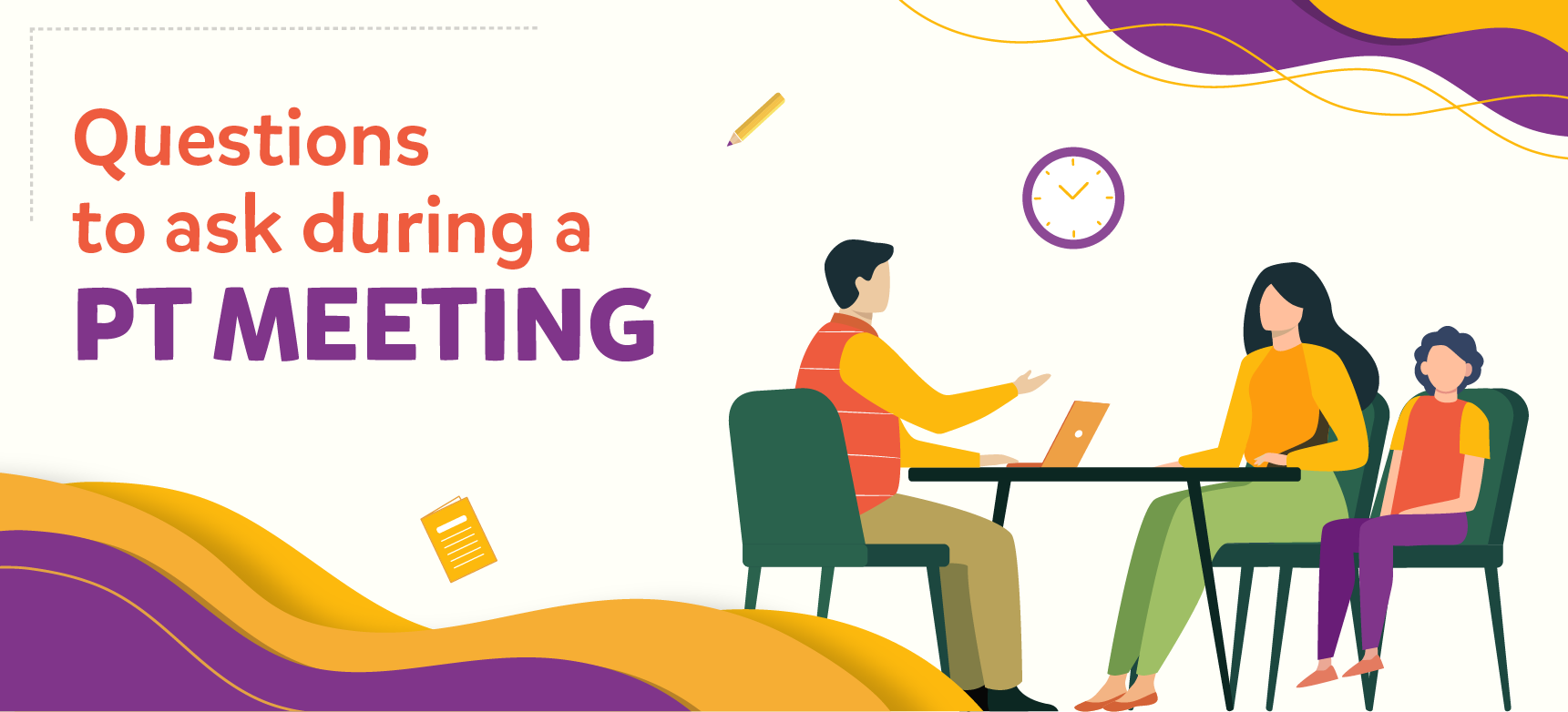
Bridging the Gap: Parents and Teachers Working Together
The Importance of Collaboration
In the realm of education, the collaboration between parents and teachers is paramount. This partnership forms the foundation for a child’s academic success and overall development. When parents and teachers work together harmoniously, they create an environment where children can thrive academically, socially, and emotionally.
Building Trust and Communication
Central to the parent-teacher relationship is trust and open communication. Parents and teachers must establish a rapport built on mutual respect and understanding. Regular communication channels, such as parent-teacher conferences, emails, or phone calls, facilitate the sharing of insights about a child’s progress, strengths, and areas for improvement. This collaboration fosters a supportive network that benefits the child’s learning journey.
Aligning Goals and Expectations
To optimize the educational experience, parents and teachers must align their goals and expectations. Both parties share the common objective of nurturing a child’s potential and fostering a love for learning. By discussing educational goals, academic standards, and classroom expectations, parents and teachers can ensure consistency in their approach and support the child’s development holistically.
Supporting Learning at Home and School
The collaboration between parents and teachers extends beyond the confines of the classroom. Parents play a crucial role in reinforcing learning at home by supporting homework assignments, providing a conducive study environment, and engaging in educational activities with their child. Teachers, on the other hand, offer guidance on how parents can extend classroom lessons into real-world applications, thus enriching the child’s educational experience.
Recognizing Each Other’s Expertise
Both parents and teachers bring unique perspectives and expertise to the table. While teachers possess pedagogical knowledge and classroom experience, parents have valuable insights into their child’s personality, interests, and learning style. Recognizing and respecting each other’s expertise enhances collaboration and allows for a more comprehensive understanding of the child’s educational needs.
Problem-Solving and Addressing Challenges
Inevitably, challenges may arise during a child’s educational journey. Whether it’s academic difficulties, behavioral issues, or social struggles, addressing these challenges requires a joint effort between parents and teachers. Through open dialogue and problem-solving discussions, parents and teachers can identify underlying issues, implement effective strategies, and provide the necessary support to help the child overcome obstacles.
Celebrating Achievements and Milestones
Celebrating achievements and milestones, both big and small, is essential for fostering a positive learning environment. Parents and teachers should recognize and commend the child’s progress, effort, and achievements. Whether it’s mastering a new concept, demonstrating good behavior, or reaching academic milestones, acknowledging these accomplishments boosts the child’s confidence and motivation to continue learning.
Navigating Special Circumstances
In cases where a child has special needs or unique circumstances, collaboration between parents and teachers becomes even more crucial. By working together, parents and teachers can develop individualized education plans (IEPs), accommodations, and support strategies tailored to the child’s specific needs. This collaborative approach ensures that the child receives the necessary resources and support to thrive academically and socially.
Promoting a Culture of Inclusion
Promoting a culture of inclusion within the school community is another key aspect of parent-teacher collaboration. By embracing diversity and celebrating individual differences, parents and teachers create an inclusive environment where every child feels valued, respected, and supported. Together, they foster a sense of belonging and acceptance, which lays the foundation for a positive and inclusive learning environment for all students.
Fostering Lifelong Learning
Ultimately, the collaboration between parents and teachers is about fostering a love for learning that extends beyond the classroom. By working together, parents and teachers instill in children the value of education, curiosity, and lifelong learning. Through their partnership, they equip children with the skills, knowledge, and resilience they need to navigate the complexities of the modern world and succeed in their academic and personal pursuits. Read more about parents for teachers


